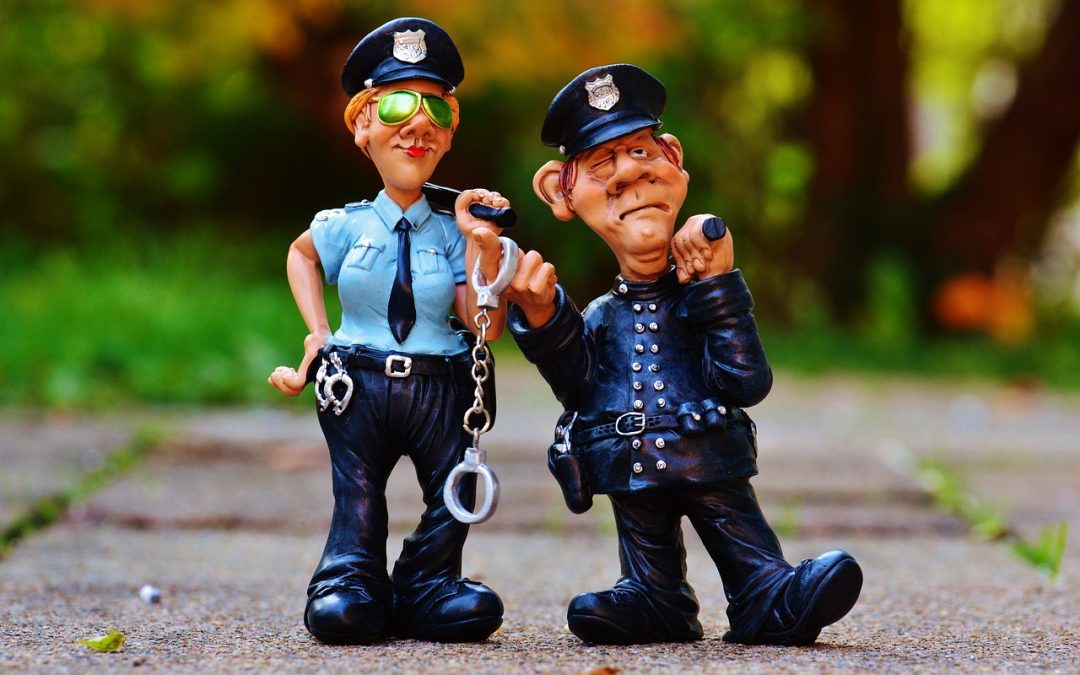As social media becomes an increasingly important part of our online presence, it’s natural to wonder what happens when police ask for access to our accounts. Whether you’re stopped on the street, arrested, or questioned at a police station, understanding your rights and responsibilities is crucial. In this post, we’ll explore the nuances of police requests for social media logins, what the law says, and practical tips for handling these situations safely and assertively.
The Legal Landscape
The Fourth Amendment protects individuals from unreasonable searches and seizures, and courts have consistently held that online data, including social media accounts, falls under this protection. However, the boundaries of online searches are still evolving, and specific laws vary by state.In general, law enforcement needs a warrant to access your social media accounts, just like they would for a physical search of your home. However, there are exceptions, such as:
- Exigent circumstances: If police believe there’s an emergency or imminent danger, they may access your accounts without a warrant.
- Consent: If you voluntarily give them access or passwords, they can proceed without a warrant.
Practical Tips for Handling Police Requests
Remember to stay calm, and prioritize de-escalation:
- Be polite and respectful, but firm in your refusal to provide access without a warrant.
- Don’t lie or provide false information, as this can lead to further legal trouble.
- Ask to speak with a lawyer or a public defender if you’re unsure about your rights or the situation.
- Don’t physically resist or obstruct the police; instead, focus on assertively stating your boundaries.
“The right to be left alone – the most comprehensive of rights and the right most valued by civilized men.”
The quote above, from Justice Louis Brandeis, reminds us that our right to privacy is fundamental and deserving of protection.
Staying Safe and Informed
Remember that police interactions can be unpredictable, and prioritizing safety is essential. Always:
Stay informed about laws and regulations in your state and locality.
Know your rights, but also understand that police may not always respect them.
Seek legal counsel if you’re unsure about a specific situation or encounter.
In conclusion, when police ask for your social media logins, stay calm, assert your rights, and prioritize de-escalation. By being informed, respectful, and firm, you can navigate these complex situations safely and with confidence.
The information at Observed.Org may not pertain to every jurisdiction. It is YOUR responsibility to know your rights and observe them. Nothing here should be considered legal advice.

